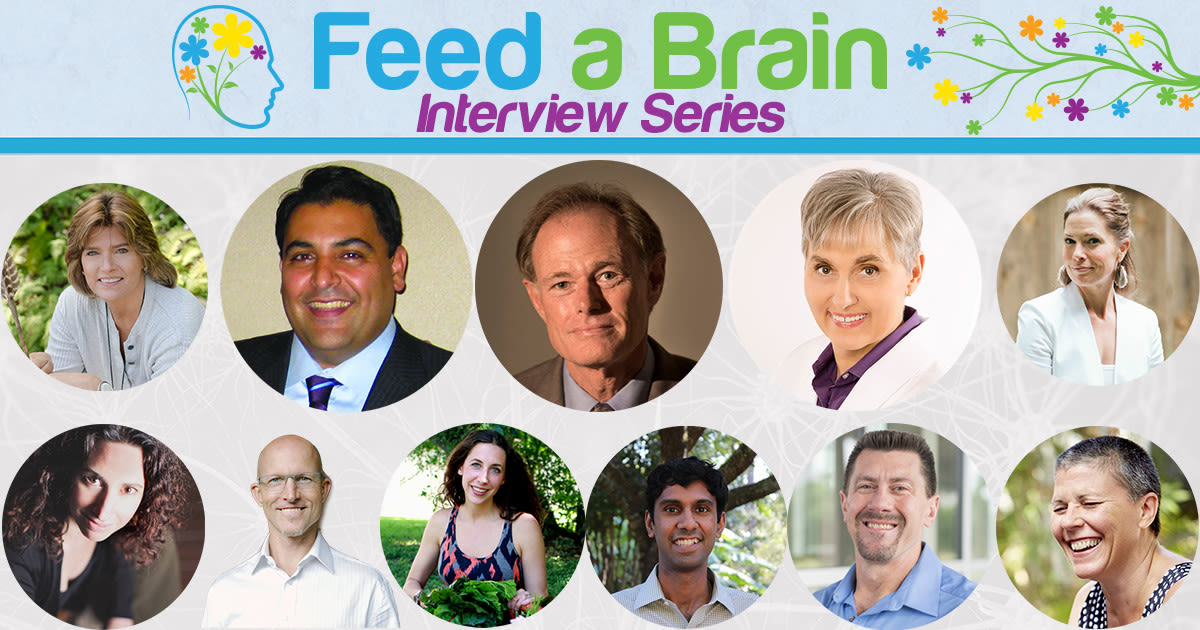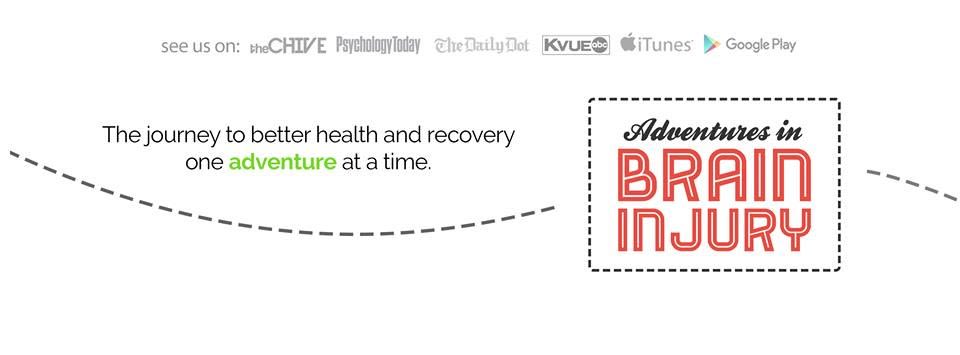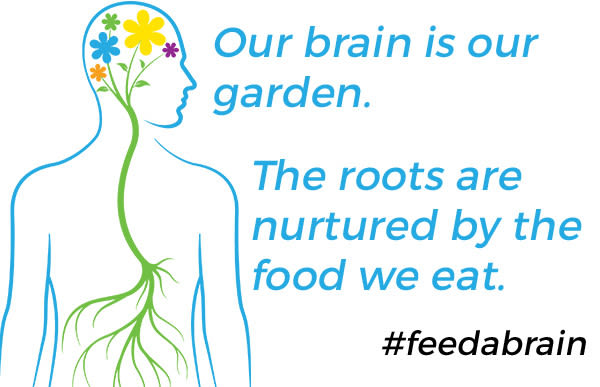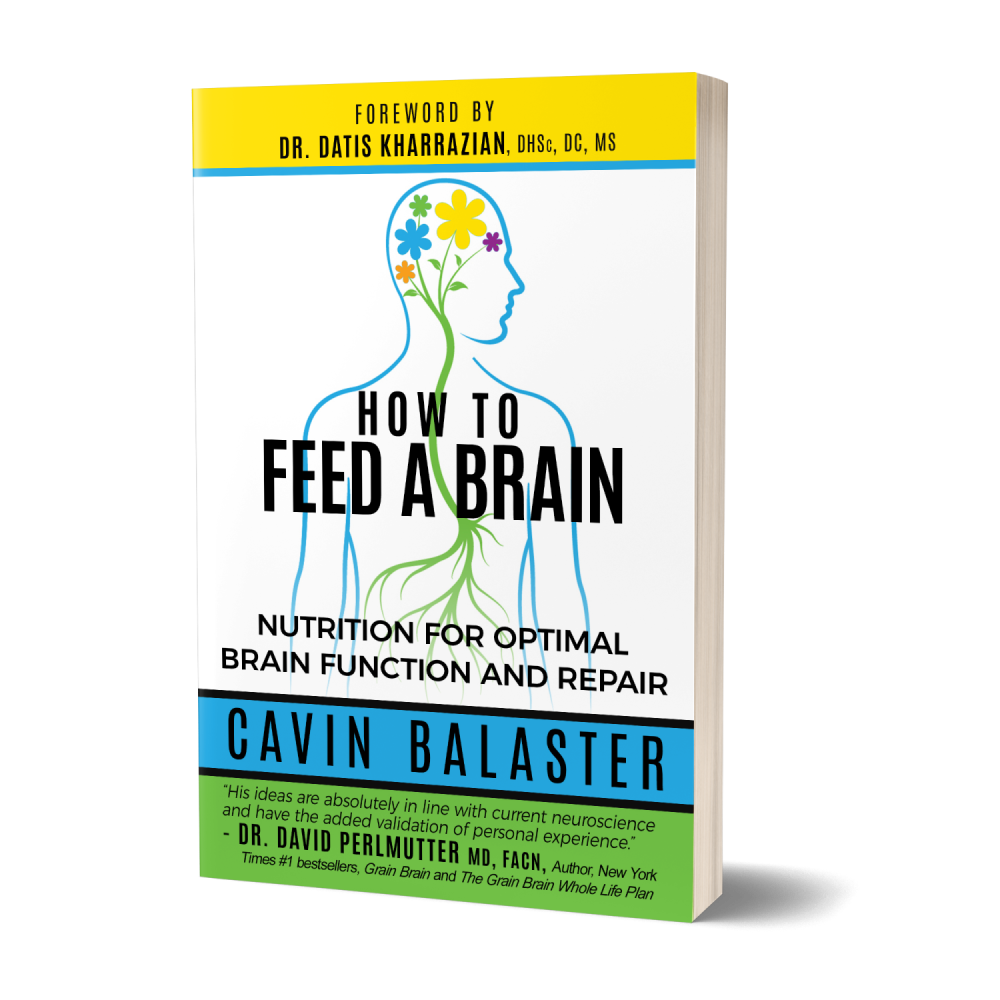
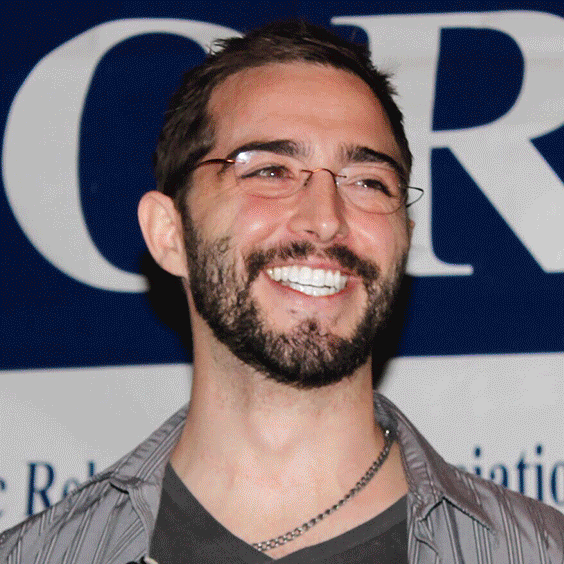
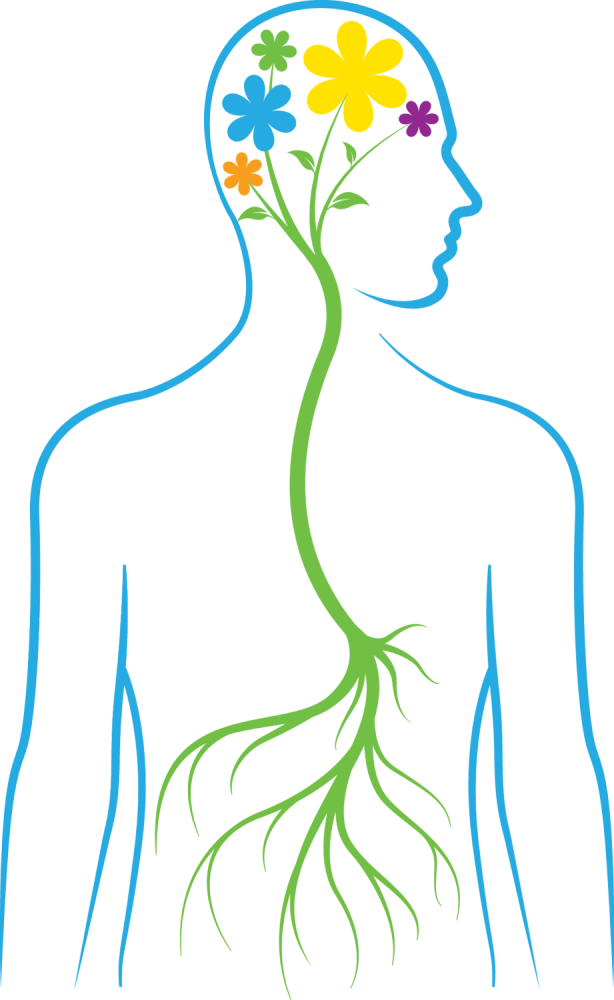
Click the banner below to learn more about me and the resources I provide to brain injury survivors and loved ones.
"Nutrition is fundamental to our brain health. Time after time, the research and clinical outcomes prove that our dietary choices have a profound effect on our function. In “How to Feed a Brain,” Cavin uses his own personal experience as an example and creates an easy-to-implement road map of nutritional changes to support your brain function and repair. The concepts he discusses are supported by a growing body of research evidence. This book is a welcome tool for people with neurological conditions and anyone who wants to optimize their brain performance."
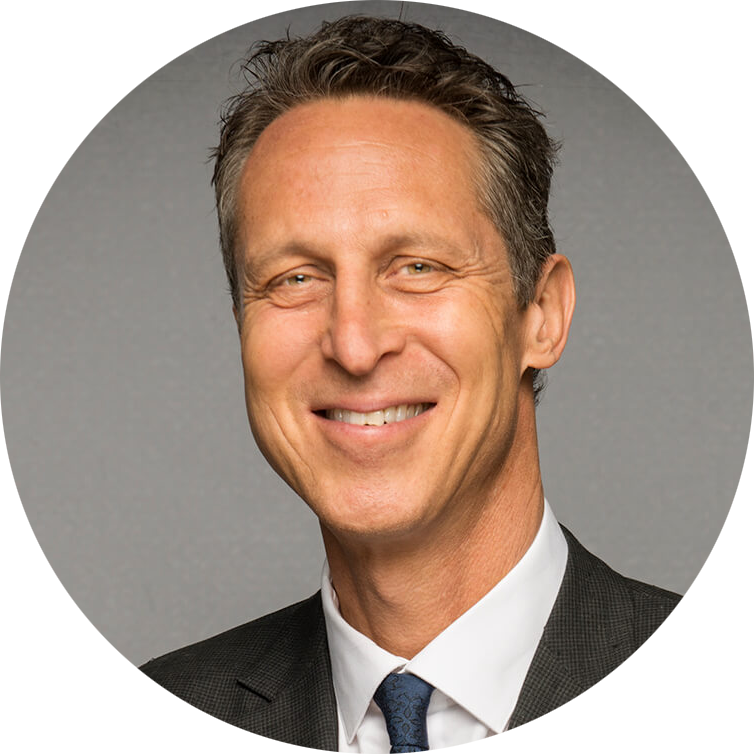
Director the Cleveland Clinic Center for Functional Medicine, 10X New York Times #1 Bestselling Author
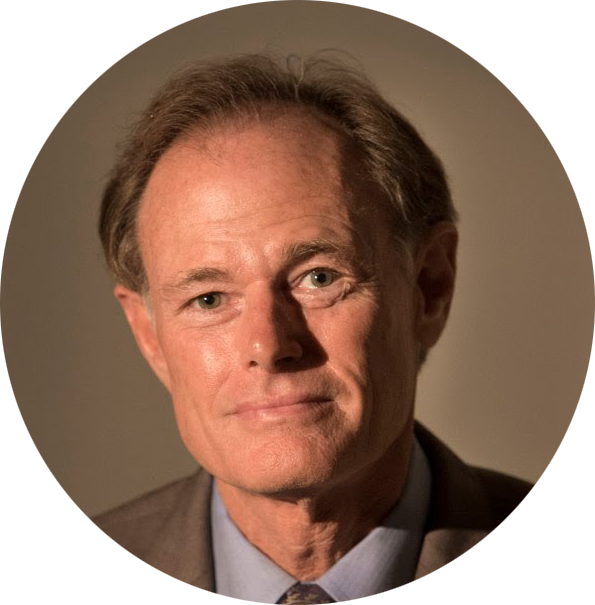
Board-Certified Neurologist, 4X New York Times #1 Bestselling Author
“Ten years ago most health professionals would have scoffed at the notion that what we eat, how we sleep, and how we move, could have profound impacts on our health in general, and our brain health in particular.
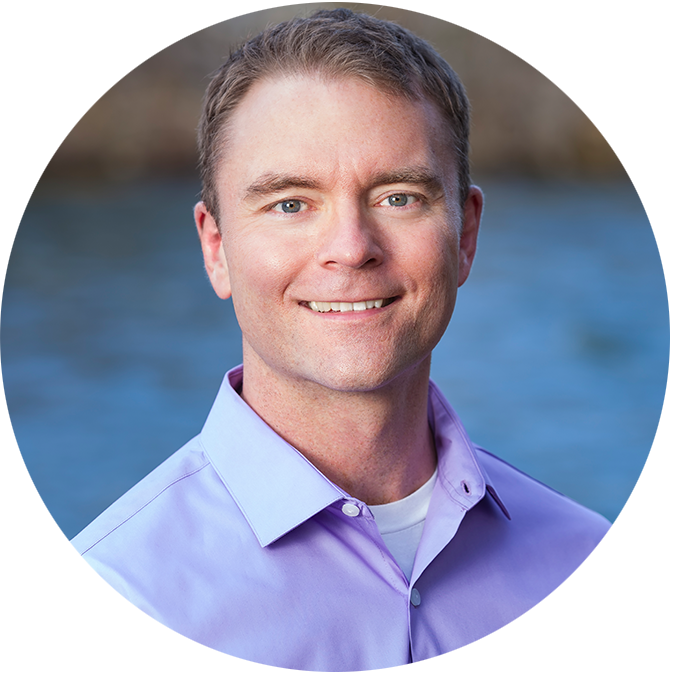
Former Research Biochemist and 2X New York Times/WSJ Best Selling Author
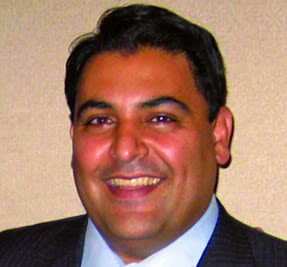
Why Do I Still Have Thyroid Symptoms?
"How to Feed a Brain will change your life.

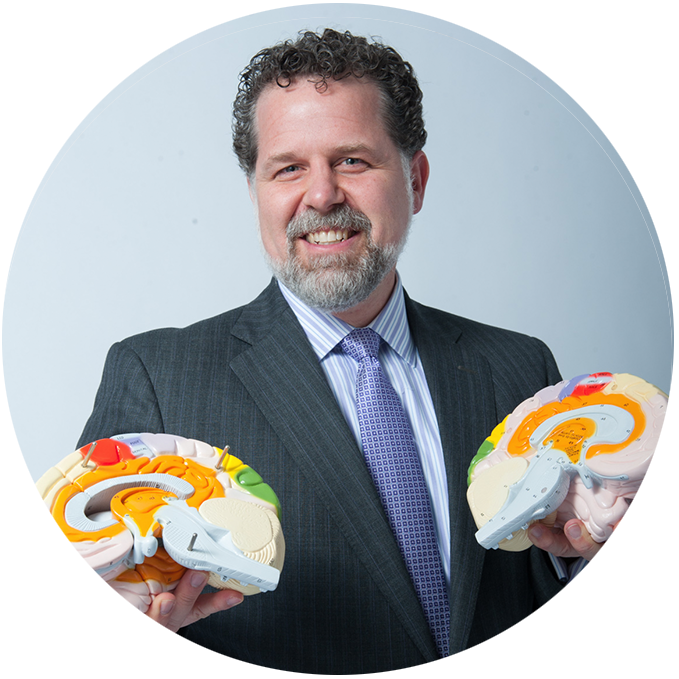

Author of “The Loving Diet: Going Beyond Paleo into the Heart of What Ails You”
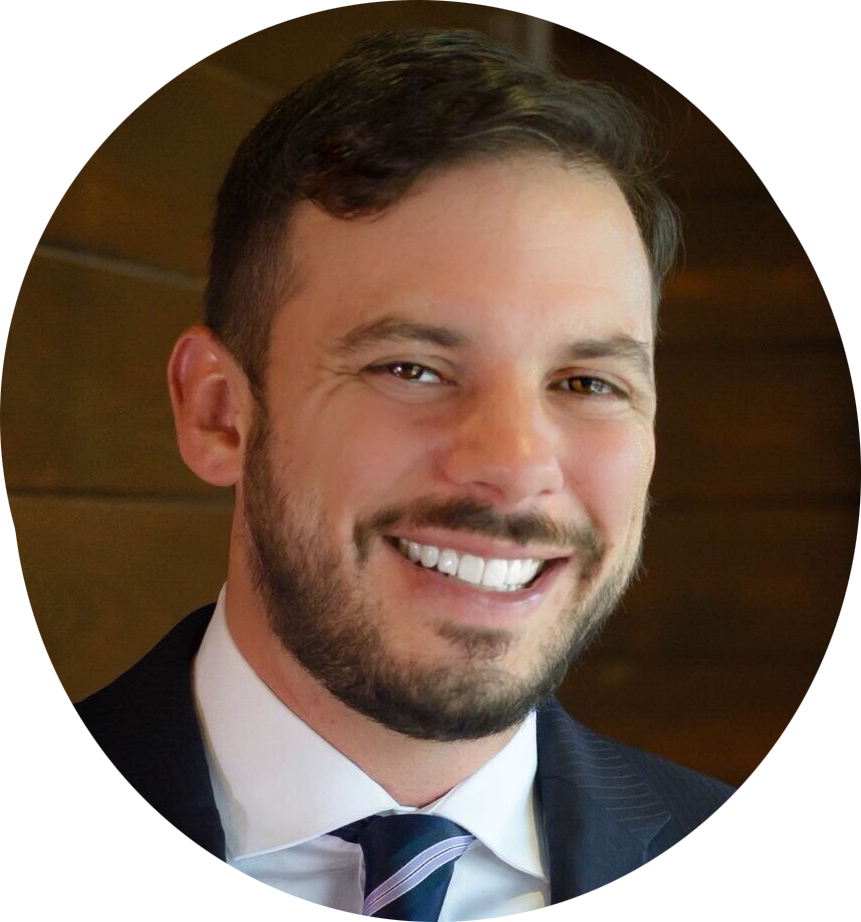
Like Cavin, my mother suffered a traumatic brain injury (in her case, a ruptured brain aneurysm). During her acute care, top neurocritical physicians repeatedly emphasized the importance of nutrition in the process of recovery. The trouble is, that nutrition often amounts to generic facility food loaded with refined sugars. Or, in the case of tube feedings: corn syrup, maltodextrin, milk proteins, and more sugar. The last things a delicate, recovering brain and gut should receive.
As a survivor of traumatic brain injury-- and now a thriver -- Cavin practices what he preaches. That skin in the game is important to me. I plan to incorporate Cavin's insights on his journey in my own mother's recovery."
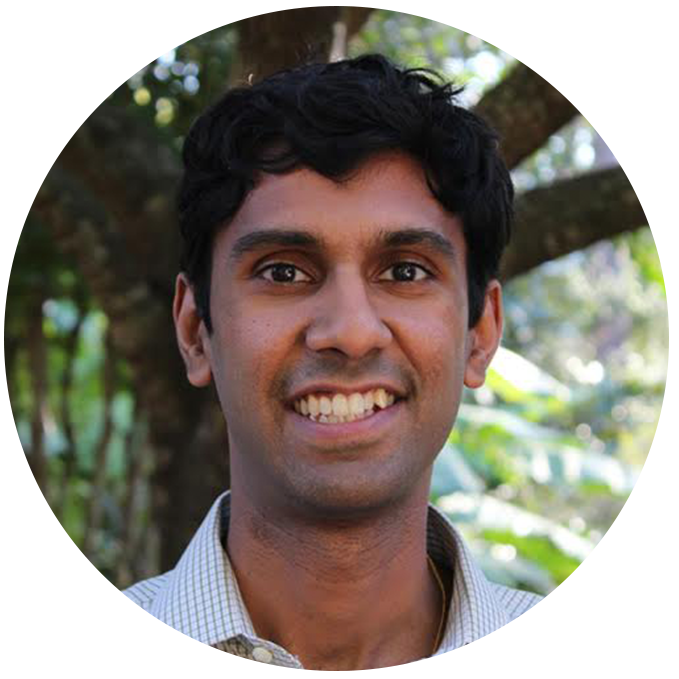

Emeritus Professor of Medicine
at the University of Calgary
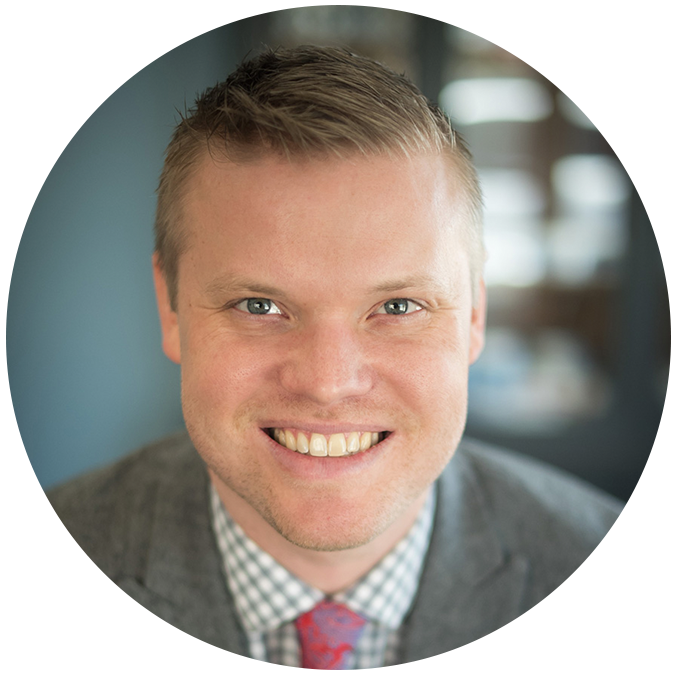
As the parent of a child who spent weeks hospitalized with a severe TBI, I learned first-hand the critical role of the family-patient-advocate. There are many wonderful, well-meaning doctors and nurses, but rarely are they trained in the types of safe, cutting-edge therapies presented here. Armed with this knowledge, well-informed loved ones gain the potential to dramatically improve the TBI patient’s experience and outcome. "How to Feed A Brain" is information we wish we’d had during our family’s time of need. Read it, and be prepared for yours.
Thank you, Cavin, for a book with the potential to help millions in critically important ways."
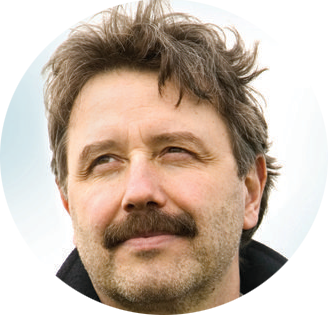
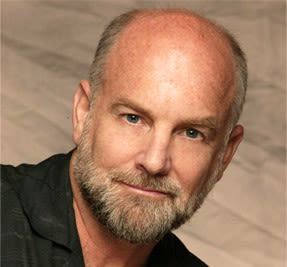
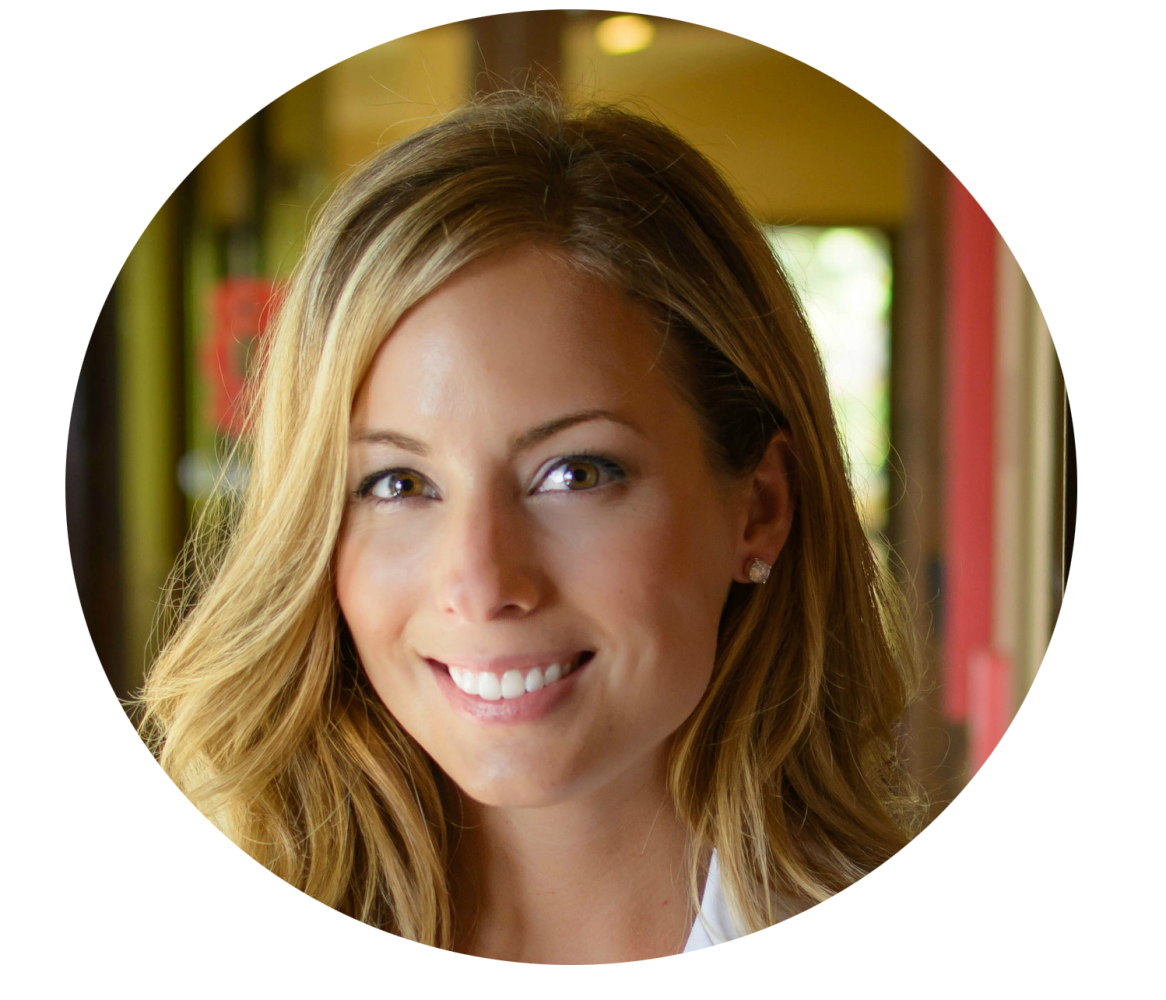
Co-Owner South Florida Integrative Health
“How to Feed a Brain is jam-packed with helpful brain health information. I really wish I had a resource like this years ago.

Optimal Living Dynamics
To share my findings, I first established my website which has put me into contact with other brain injury survivors and their friends and families. For the past few years, I have been meditating on how to make the biggest and most positive impact on the world, and I realized that...
This is why I am delighted and honored to bring you the nutritional tools that I have found to be most useffor optimal brain function and repair. We all want our brains to have the supplies they need to function optimally, and this book outlines exactly how we can supply the right ingredients for brain function and the right compounds to encourage synaptogenesis for learning, development, and repair.
After my injury I explored many different treatments and therapies to best support my brain's recovery from a severe diffuse axonal injury. I think of building or rebuilding pathways in the brain using an analogy of building a bridge.
- Doing targetted therapy and putting in the work is like enlisting skilled workers to build a bridge.
- Supplying the brain and body with the right nourishment is like supplying those workers with adequate tools and resources.
There are many beneficial therapies being researched in neuro-rehabilitation, but it is imperative to start with the building blocks. That's why...
While I was hospitalized for months, I was unable to eat, walk, or talk, during which time I was fed through a gastric tube. It was through this tube in which I was receiving processed hospital liquid formula like Boost, Jevity, or Osmolite. These processed liquid formulas contain ingredients that have actually been shown to contribute to inflammation and/or neurodegeneration -- ingredients like corn syrup, canola oil, soy protein isolate, etc.! And this is not one candy bar every now and then… this is breakfast, lunch, and dinner for months, even years for some patients!
This kind of processed liquid formula is what is typically fed to patients who are not eating conventionally both in the hospital setting and in hospice. So, in effect,...
I find this practice to be criminal, which is why a major objective of the book is to influence a positive change in hospital nutrition. I believe that through patient education, empowerment, and demand, we can create that change.
Using the research I have done, the tools I have implemented, and the connections I have made, we can make a positive change in the standard model of neurorehabilitation, and we can help to prevent neurological degeneration for everyone.
